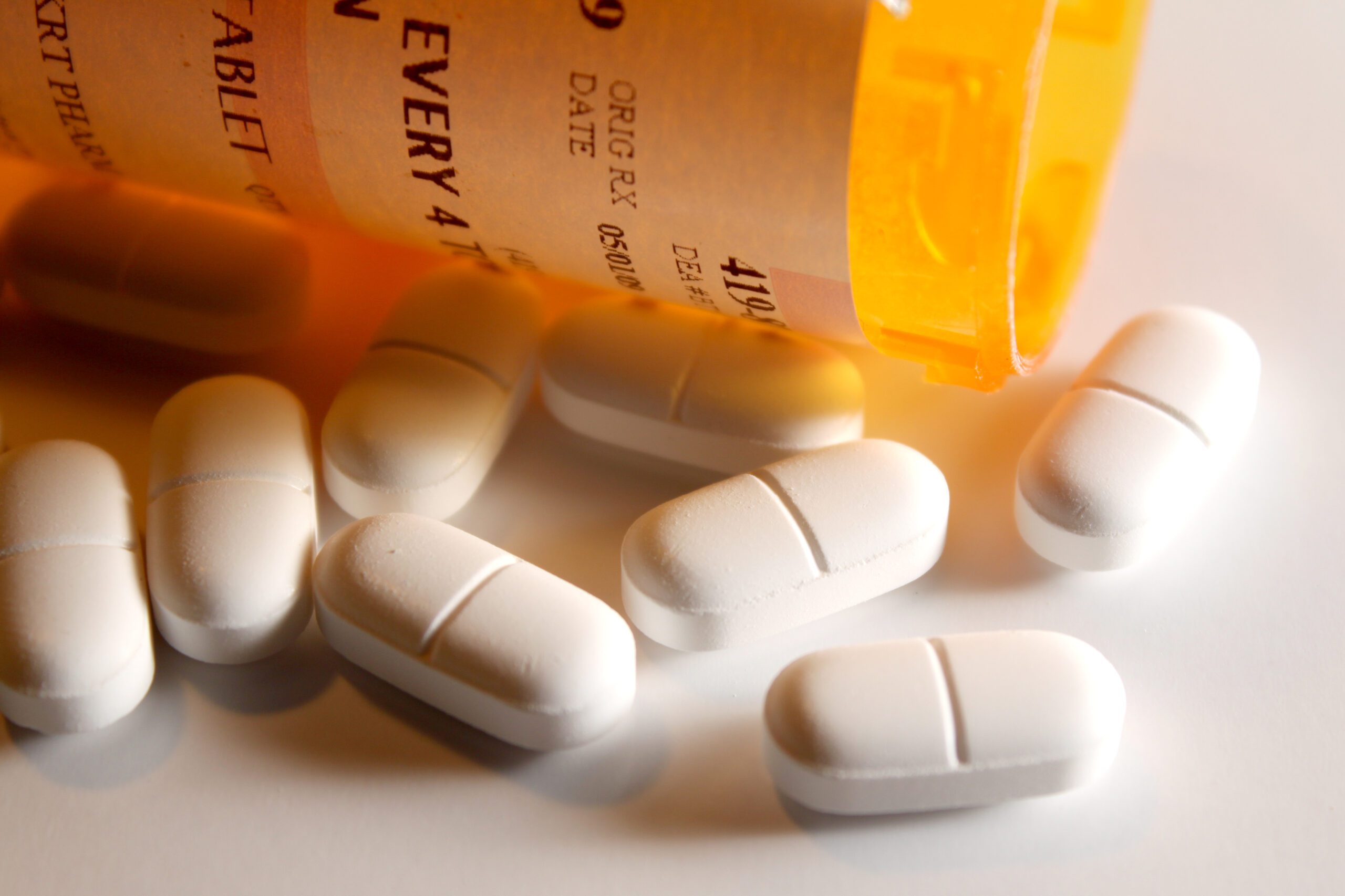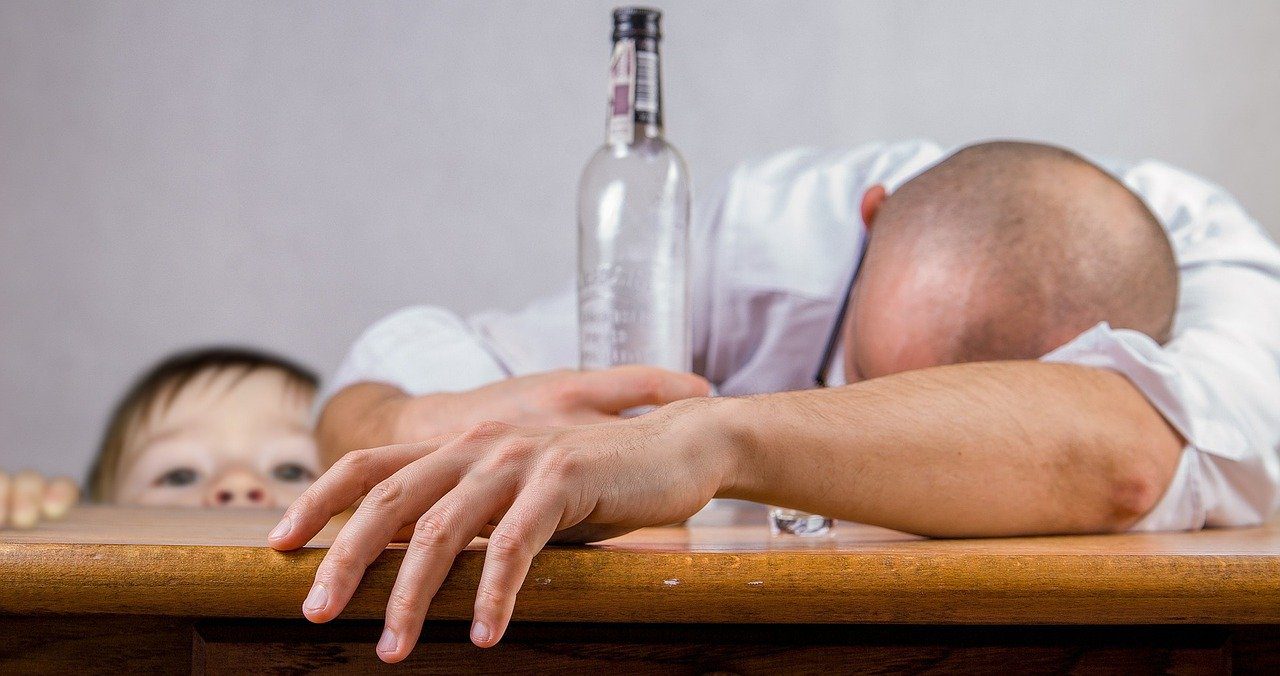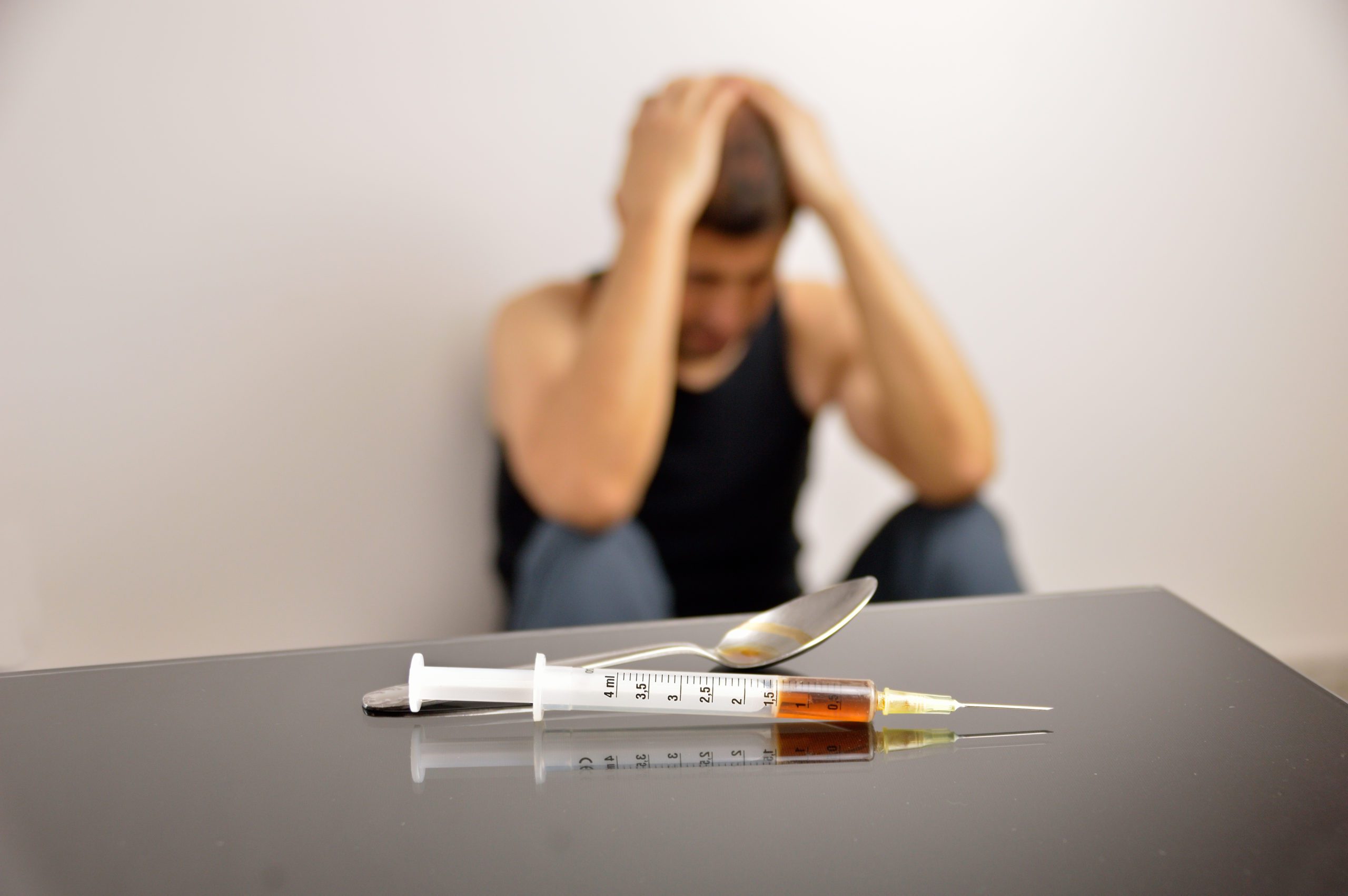Alcohol addiction, also known as alcoholism or alcohol use disorder (AUD), is a complex condition that can develop over time. It’s not always easy to pinpoint exactly how long it takes for someone to become addicted to alcohol, as the process varies greatly from person to person. Factors such as genetic predisposition, drinking patterns, mental health, environment, and social influences all play a significant role in the development of alcohol addiction. At Veritas Detox, we understand that addiction is a deeply personal journey, and the path to alcoholism can look different for everyone.
While there’s no specific timeline for how long it takes to become addicted to alcohol, it’s important to recognize the warning signs and the factors that contribute to addiction. By understanding these aspects, you can better protect yourself or a loved one from falling into the cycle of addiction and take action when necessary.
Understanding Alcohol Addiction
Alcohol addiction occurs when a person develops a physical or psychological dependence on alcohol. This dependence means that a person feels they need alcohol to function or cope with daily life. Over time, their tolerance to alcohol increases, requiring them to drink more to achieve the same effects. This escalating pattern of drinking can lead to a loss of control, cravings, and the inability to stop drinking, even in the face of negative consequences.
Alcohol addiction doesn’t develop overnight. It is usually the result of repeated heavy drinking over time, but it can take different amounts of time for different individuals to reach the point where their drinking becomes a dependency. For some, it might take months or years of regular drinking, while for others, addiction can develop more quickly due to factors such as genetic susceptibility, mental health conditions, or environmental influences.
Factors That Influence the Development of Alcohol Addiction
Several factors play a role in how quickly alcohol addiction can develop. These factors include:
Genetics
Research suggests that genetics can influence a person’s susceptibility to addiction. If you have a family history of alcoholism, you may be more likely to develop an addiction yourself. Studies have shown that people with a first-degree relative (parent or sibling) who has struggled with alcohol addiction are at higher risk.
Drinking Patterns
The frequency and quantity of alcohol consumption are key indicators of addiction risk. Binge drinking—defined as consuming large quantities of alcohol in a short period—can accelerate the development of addiction. People who drink excessively on a regular basis are at a higher risk of developing alcohol use disorder faster than those who drink moderately.
Mental Health Conditions
Individuals with mental health disorders such as anxiety, depression, or trauma-related conditions may be at a greater risk for developing alcohol addiction. Many people with mental health conditions turn to alcohol as a form of self-medication, which can eventually lead to dependence.
Environment and Social Influences
Environmental factors, such as peer pressure, family dynamics, and exposure to alcohol in social settings, can contribute to the development of alcoholism. Growing up in an environment where heavy drinking is normalized or socially encouraged can increase the likelihood of developing unhealthy drinking habits.
Age of First Use
People who begin drinking at a young age are more likely to develop alcohol addiction later in life. The brain is still developing during adolescence, and early alcohol use can interfere with this development, making it more difficult for the individual to regulate alcohol consumption later on.

Stages of Alcohol Addiction
The process of becoming addicted to alcohol typically progresses in stages. These stages vary in length and intensity for each person but can generally be broken down as follows:
Experimentation
At this stage, the person may casually drink alcohol without any signs of dependency. This stage can last anywhere from a few weeks to months. Most people can enjoy alcohol socially without developing an addiction during this phase.
Regular Use
As drinking becomes a regular activity, a person may start consuming alcohol more frequently. They might drink on weekends or during social events, and over time, the amount of alcohol consumed may increase. This stage can last for months or even years before problems begin to arise.
Risky Drinking
At this stage, the individual may start drinking in ways that are unsafe, such as driving under the influence or drinking alone. Tolerance to alcohol builds, and they may begin drinking larger quantities to achieve the same effects. This stage can last several months or more.
Dependence
Dependence is characterized by physical and psychological cravings for alcohol. A person may begin to drink regularly to avoid withdrawal symptoms, such as anxiety, tremors, or nausea. Drinking may become the primary way to cope with stress or emotions.
Addiction
Alcohol addiction occurs when the person loses control over their drinking and continues to drink despite the negative consequences. Relationships, work, and health may suffer, but the individual feels unable to stop drinking.
How Long Does It Take?
There is no definitive answer to how long it takes to become addicted to alcohol. For some people, it can take only a few months of heavy drinking before they become dependent, while for others, it may take years. However, regular and excessive drinking increases the risk of developing an addiction over time. The sooner an individual seeks help, the better the chances of preventing full-blown addiction.
Preventing Alcohol Addiction
Understanding the signs of alcohol addiction and recognizing the risks early can help prevent the progression to addiction. If you or someone you know is struggling with alcohol use, seeking professional help is crucial. At Veritas Detox, we specialize in helping individuals who are battling alcohol addiction. Our team of experts can guide you through detox, therapy, and support systems to help you achieve lasting recovery and regain control of your life.
Veritas Detox Can Help With Treatment
The timeline for developing an addiction to alcohol is different for everyone, but it’s clear that the more frequently and heavily alcohol is consumed, the higher the risk of developing a dependency. By understanding the factors that contribute to alcohol addiction and recognizing the stages of the condition, individuals can take proactive steps to protect their health and well-being. If you or a loved one is struggling with alcohol use, don’t hesitate to seek help. At Veritas Detox, we are committed to providing the support needed to achieve a successful recovery.













